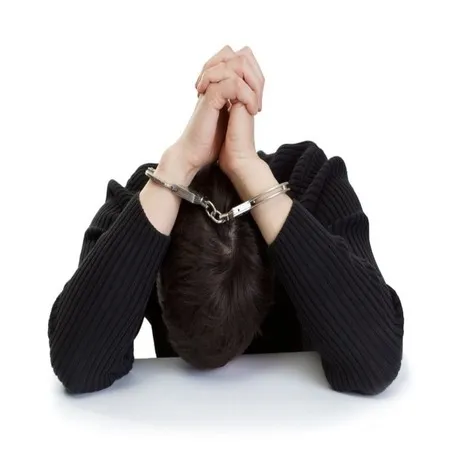What Are the Major Stages of a Criminal Case in Maryland?

What Are the Major Stages of a Criminal Case in Maryland?
Handling a criminal case in Maryland can be a complicated affair without the proper knowledge of the proceedings. Often the process involves an array of stages that could take a significant amount of time to get through, depending on the nature of the crime and the specific state’s laws. Below are the major stages of a criminal case in Maryland.
1. Investigation
Every criminal case begins with an investigation. In Maryland, charges and investigations usually start when someone files a complaint with the officials. Say, for instance, there was a fight at the bar or an incidence of domestic violence. In such cases, when the police are called, it is on the grounds of “exigent circumstances,” and depending on the severity of the issue, a warrant might not be necessary. However, the authorities may interview the involved persons, further investigate the intricacies of the matter, and determine whether criminal charges will be filed.
2. Processing With the Necessary Authorities
Following up after the investigation by law enforcement officials, depending on the nature of the criminal case in Maryland, the next stage is usually handled by the involved authorities. Who may either be commissioners, the police themselves, or handed over to detectives and administrative investigators, depending on the case.
3. Filing a Charge for Criminal Case in Maryland
Depending on the nature of the incident, the reporting personnel or government might decide to file charges against the other party. If this is the case, the reporting person is to see the commissioner or police officer, who will verify and validate the provided facts. The integrity of information and the nature of the crime are the factors that will direct the commissioner into deciding whether or not the case is worth filing.
4. Preliminary Hearings for A Criminal Case In Maryland
Once the provided facts are correct, in Maryland, the next step is having the defendant exercise their rights to a preliminary hearing in a district court. In a preliminary hearing, evidence is first provided by the state’s attorney’s office. Based on the information provided, the district court is then to decide whether the case should continue in a circuit court.
5. An Investigation by A Grand Jury
Depending on the severity and nature of the crime, or in an instance when the integrity of provided information needs to be clarified further, a more independent body might be required. At the federal and state levels, a grand jury comprises 24 jurors. This body is responsible for validating facts following the state’s laws and ensuring no over-exaggeration or misleading information. The review of the grand jury will be the basis of whether indicting the defendant is valid.
6. An Arraignment in Criminal Court
If the Grand jury finds the indictment of the defendant valid, the defendant is to appear before the criminal court. It is of utmost importance for the defendant to have a skilled lawyer present through this process to be adequately informed about the intricacies of the arraignment and how to best navigate the situation. After arraignment, a trial date is set, and the time before the trial is a necessary period called the “discovery time.” During this period, it is in the defendant’s best interest to have an experienced attorney going through every detail of the case and obtaining the necessary information to ensure the affected party can benefit from the situation.
